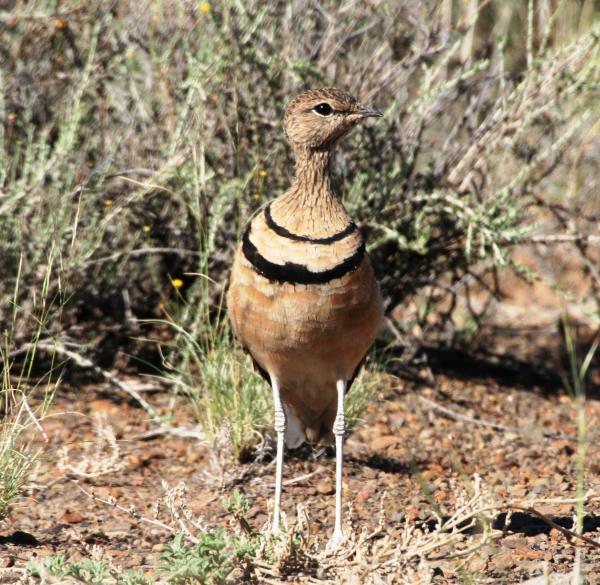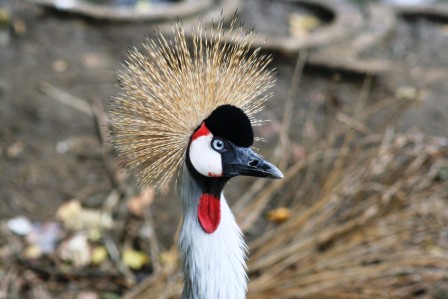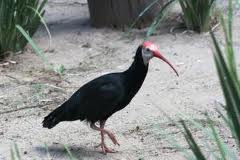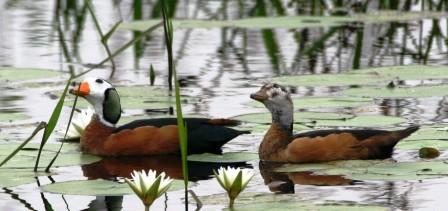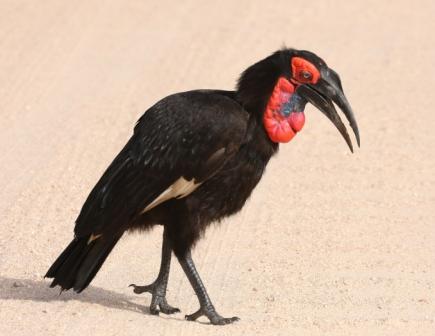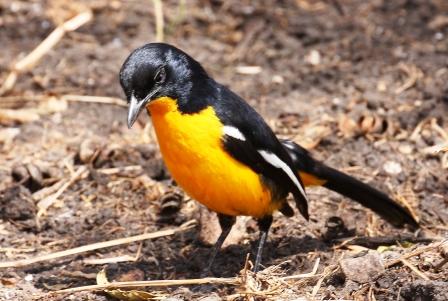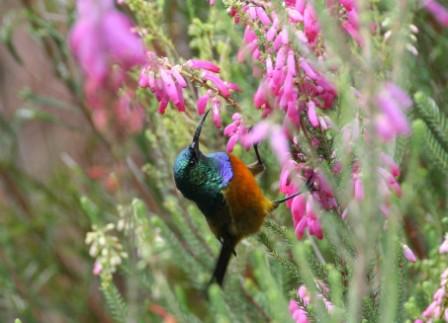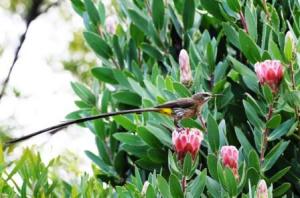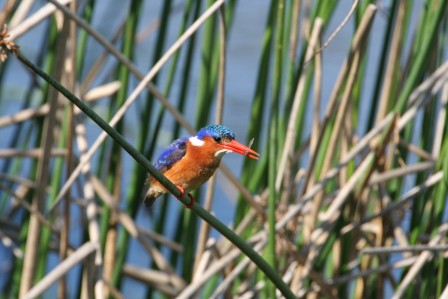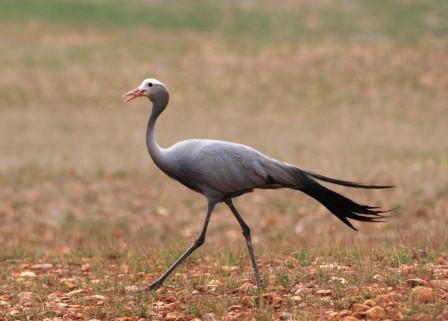|
|
JOIN OUR MAILING LIST |
|
Newsletter / Blog 2012-07-17 300 Million farmland birds lost since 1980!!!! How many more must we lose before changing cap? The latest scientific data brought together by BirdLife International and the European Bird Census Council show that common farmland birds continue to decline in the EU: 300 million farmland birds have been lost since 1980. The news was released last week, on the eve of a major civil society debate organised by the European Commission and the new Cypriot Presidency of the EU on Friday 13, in which decision makers and civil society organisations discussed support for the so-called “green reform of the Common Agricultural Policy (CAP)”. Amidst growing fears that this latest reform might not deliver on its promises, today’s news should have a serious sobering effect and remind everyone what is at stake. The current CAP results in a range of activities that damage the environment, and especially biodiversity. Intensification, which is accompanied by over-use of chemicals and the loss of landscape heterogeneity, has been one of the main causes of destruction of many farmland ecosystems around Europe. Another is the abandonment of High Nature Value (HNV) farming systems, threatened by our inability to change the economics of these precious systems in rural areas. Birds are one of the best indicators available for measuring ecosystem health, and the newly published figures show that many species are at their lowest since monitoring began. The Farmland Bird Indicator (FBI) combines the aggregate population trends of 37 species classified as farmland birds. 22 of these species are decreasing and only 6 are increasing, with a further 6 being stable and 3 having uncertain trends. Overall, the indicator shows a decline of 52% since 1980. This equates to a loss of more than 300 million birds breeding in farmland over the last three decades- despite the efforts of many nature-friendly farmers and conservation organisations. The lost of 300 million farmland birds matters because it suggests a wider disregard for nature and its value: There is growing recognition that biodiversity loss can affect lives and economies directly and indirectly through the loss of a range of ecosystem services upon which we all depend. BirdLife Europe maintains that these trends can only be reversed if the whole of the CAP is greened. This involves setting a strong cross compliance baseline that includes all of the key pieces of environmental legislation; a first pillar of direct payments that are clearly linked to some basic good agronomic practices; and a strong Rural Development Pillar that contains measures to reward farmers that go beyond basic good practices and carry out specific management to improve the environment. Such reforms would ensure the CAP provides much better value for money, a must at times of financial crisis, when EU citizens expect even more that each euro is well spent. BirdLife Europe hopes that this information helps decision makers and stakeholders to take a real step towards a better farming policy. Future consultative events like the one that took place on July 13 should be real exchanges between EU decision makers and EU citizens, to move towards this more sustainable Agriculture Policy that will ensure our long-term food security while respecting the environment. For more information please contact Ian Burfield, European Science & Data Manager at BirdLife International |
| Back | Back to top |
 |  | Cape Town Tourism  |
|||||||||||||

